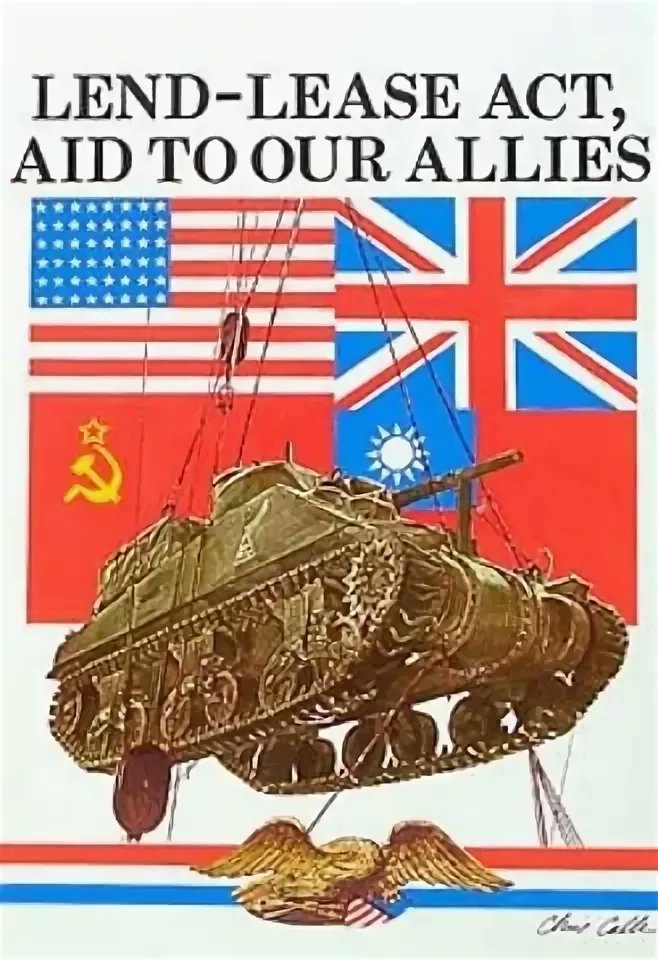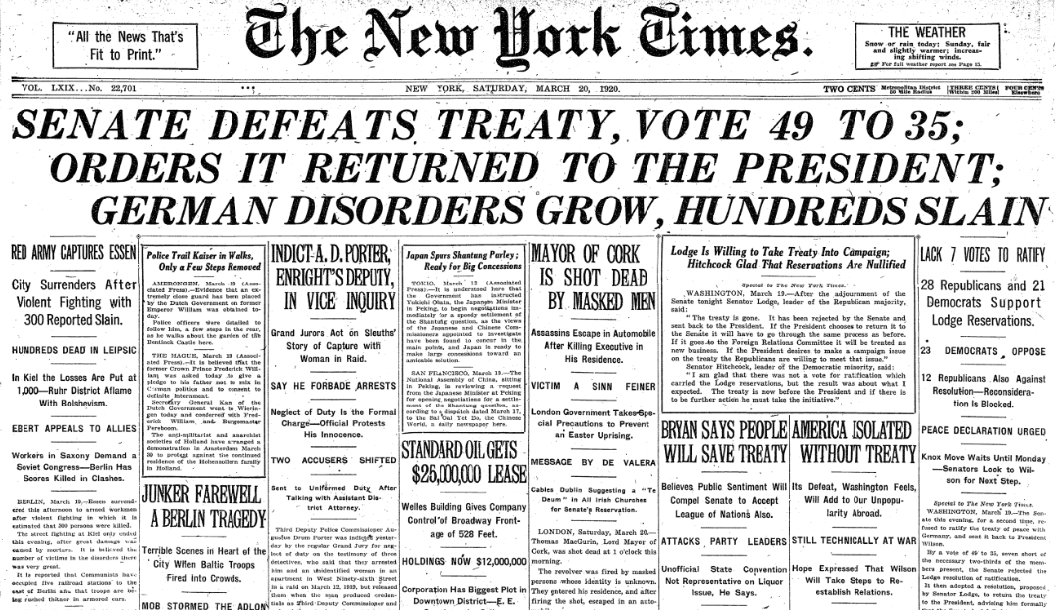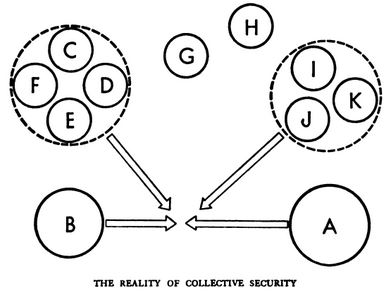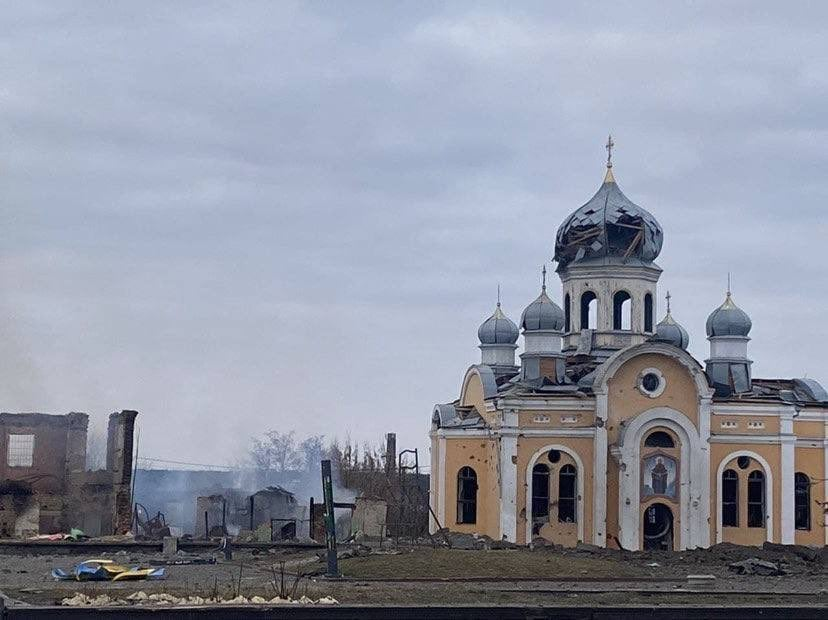
The UN Security Council has been completely ineffective during the 🇷🇺-🇺🇦 war.
That's not new, nor unexpected,...nor a problem.
[THREAD]
That's not new, nor unexpected,...nor a problem.
[THREAD]

Just to make sure that we're on the same page: the UN Security Council is the key governing body of the United Nations. The mission of the UN Security Council is described in Article 24 of the UN Charter.
un.org/en/about-us/un…
un.org/en/about-us/un…
Art 24 says, "In order to ensure prompt and effective action by the UN, its Members confer on the Security Council primary responsibility for the maintenance of international peace and security."
Be "Prompt and Effective" at maintaining peace?
During the Ukraine-Russia War, the Security Council has been viewed as neither.
france24.com/en/europe/2022…
During the Ukraine-Russia War, the Security Council has been viewed as neither.
france24.com/en/europe/2022…
As @ZelenskyyUa said to the Security Council this week, "Are you ready to close the UN?...Do you think that the time of international law is gone? If your answer is no, then you need to act immediately."
bbc.com/news/world-eur…
bbc.com/news/world-eur…
On a number of occasions over the past month, the UN Security Council has failed to adopt a resolution calling for action or even condemning the war.
See here...
npr.org/2022/02/25/108…
See here...
npr.org/2022/02/25/108…
...and here.
These failures occurred despite impassioned speeches by members of the council (particularly this one from @KenyaMissionUN).
That's a pretty big failing for an organization charged with the "primary responsibility for the maintenance of international peace and security".
But such a failing is not new, nor unexpected. It's also not a problem.
But such a failing is not new, nor unexpected. It's also not a problem.
With respect to the failing not being new, recent examples abound.
They include...
They include...
....the failure to call for a global ceasefire during the initial stages of the COVID19 pandemic...
worldpoliticsreview.com/articles/28640…
worldpoliticsreview.com/articles/28640…
...or calling for climate-related risk into conflict-prevention.
news.cn/english/2021-1…
news.cn/english/2021-1…
With respect to the failing not being unexpected, that's because failure is baked in: it's a direct product of how the UN Security Council is designed.
The Council has 15 members, 5 permanent (🇺🇸🇬🇧🇷🇺🇨🇳🇫🇷), and 10 rotating members (with each country represented on the Council by its UN Ambassador) 

Those 5 permanent members are key to the functioning of the UN Security Council.
According to Chapter 5 Article 27 of the UN Charter, all 5 permanent members must "concur" for a resolution to pass. In other words, any one of the five can "veto" a UN Security Council resolution.
According to Chapter 5 Article 27 of the UN Charter, all 5 permanent members must "concur" for a resolution to pass. In other words, any one of the five can "veto" a UN Security Council resolution.

This provision was deliberately added by the USA when the Charter was written. Why? Because as FDR's Secretary of State -- and "father of the UN" -- Cordell Hull pointed out, the US Senate would likely not have ratified it. 

Sometimes a resolution passes because the permanent members will "abstain", such as the 1990 resolution to remove Iraq from Kuwait (when China abstained).
en.wikipedia.org/wiki/United_Na…
en.wikipedia.org/wiki/United_Na…
At other times, a resolution passed because a permanent member was absent, such as the resolution passed out the outbreak of the Korean War (Russia was boycotting the UN at the time).
en.wikipedia.org/wiki/United_Na…
en.wikipedia.org/wiki/United_Na…
Given such power, why those 5 countries?
Because they were the primary members of the coalition that fought Nazi Germany and Imperial Japan during World War II.
Because they were the primary members of the coalition that fought Nazi Germany and Imperial Japan during World War II.

In particular, the permanent members (except for France -- but that's another story) were the key recipients of Lend-Lease aid during the War. 

As I like to point out, the UN wasn't founded in 1945...it was founded in 1942.
https://twitter.com/ProfPaulPoast/status/1321418258692689920
But isn't it a problem that these countries can veto resolutions? Isn't it bad that a country can go against the "will" of the "international community"?
That depends.
That depends.
On the one hand, it's obviously a problem if one thinks that UN authorization is critical for building support (at home and abroad) for tackling a problem.
That is indeed a reason that major powers will choose to work through the UNSC.
For example, see the work of Alex Thompson...
amazon.com/dp/B00SXG0RJ2/…
For example, see the work of Alex Thompson...
amazon.com/dp/B00SXG0RJ2/…
On the other hand, the failure of the UN Security Council to consent to an action doesn't prevent a state (major power or not) from taking an action.
That's been seen clearly in the case of the Ukraine-Russia War.
nato.int/cps/en/natohq/…
That's been seen clearly in the case of the Ukraine-Russia War.
nato.int/cps/en/natohq/…
That's also been seen in numerous other occasions, perhaps most infamously the US invasion of Iraq in 2003: after it was clear that the UNSC would not pass a resolution to US force against Iraq, the USA did so any how.
https://mobile.twitter.com/ProfPaulPoast/status/1369647715261485058
This goes to the heart of the matter: what IS the UN Security Council?
These decisions are viewed as a failure only if you see the UNSC as a "Collective Security" institution.
Hans Morgenthau -- in his "Politics Among Nations" -- offered a great graphic showing what Collective Security means in theory.
Hans Morgenthau -- in his "Politics Among Nations" -- offered a great graphic showing what Collective Security means in theory.

This hearkens to how John Rawls described the UN in his book "Laws of People": The UN "as ideally conceived".
amazon.com/Law-Peoples-Jo…
amazon.com/Law-Peoples-Jo…
The truth is that the UNSC is NOT a collective security organization. It is, as @MSMHelal described, a "Great Power Concert"
scholarlycommons.law.emory.edu/eilr-recent-de…
scholarlycommons.law.emory.edu/eilr-recent-de…
The ultimate goal is to prevent the major powers from going to war, full stop.
jstor.org/stable/24526324
jstor.org/stable/24526324

As @lady_professor & Amy Yuen point out in their new book on the UNSC, a lack of action can be seen as a success: during the Cold War, for instance, "the organization did not commit itself to any action that the major powers could not agree on" (p. 33).
amazon.com/Bargaining-Sec…
amazon.com/Bargaining-Sec…
This is not to say that frustration over a lack of action by the UNSC during this war is not understandable. But it is misplaced.
https://twitter.com/SamRamani2/status/1511360453968072710
In sum, it is critical to remember that the ultimate purpose of the UNSC is not to prevent Russia (or any of the permanent members) from fight A war.
Instead, the purpose is to prevent the permanent members from directly fighting a war against one another.
[END]
Instead, the purpose is to prevent the permanent members from directly fighting a war against one another.
[END]
• • •
Missing some Tweet in this thread? You can try to
force a refresh













